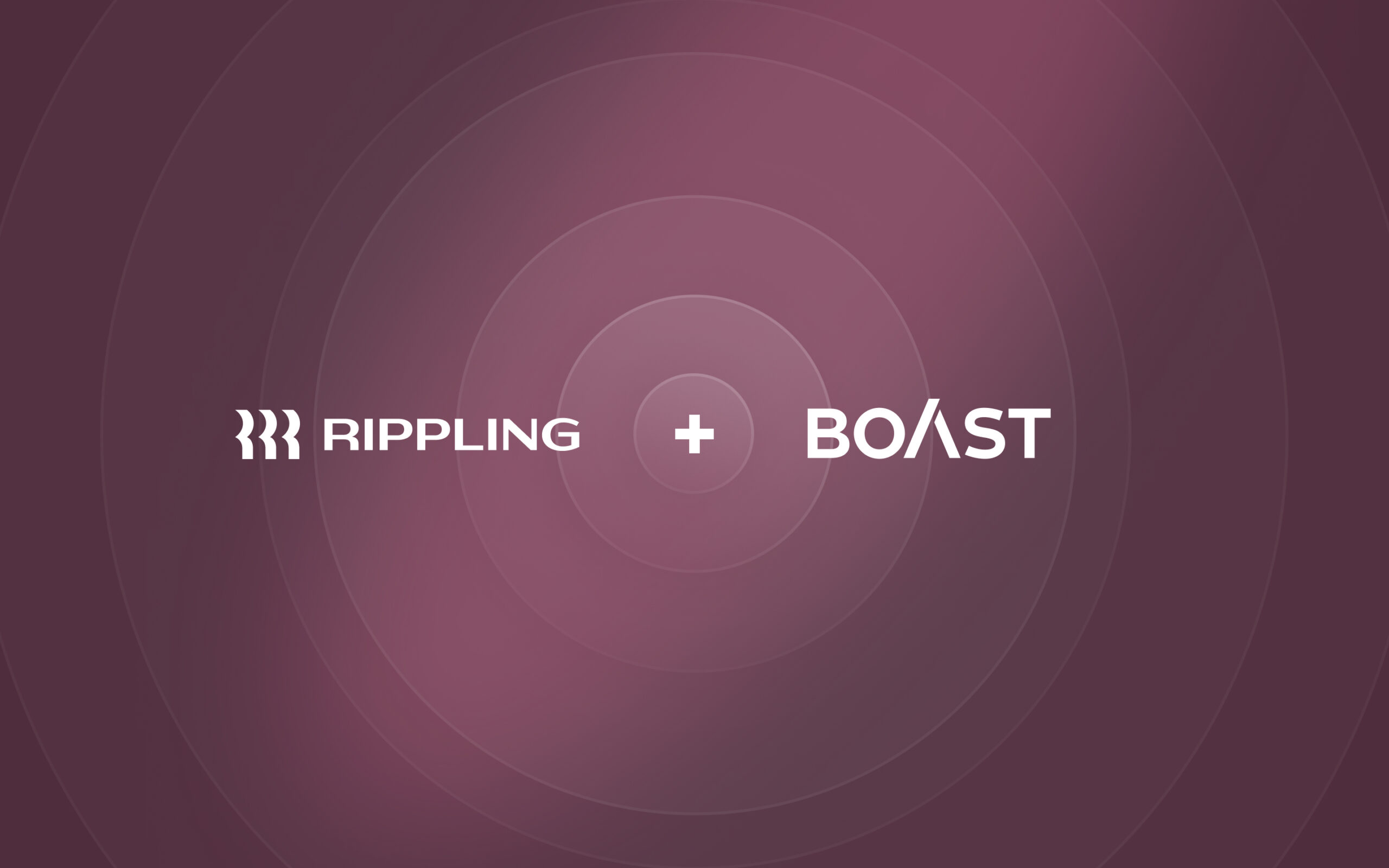How Travis Rauh pulled Pepsi of Worcester out of the 1980s

When I joined Pepsi of Worcester as the manager of administrative services in 2017, I stepped into a time capsule. Picture this: 200 employees hunched over green-screen computers that couldn’t run Windows, stacks of paperwork, and company policies based on individual judgment rather than structure. Every aspect of finance, IT, and HR was manual, inefficient, and exposed to risk.
My mission? Lay the groundwork to create a version of Pepsi that was 10x faster, more accurate, and safer for both employees and customers.
Frozen in time, “pls fix”
The potential for fraud was pervasive across our finance function. Bill pay and payroll were entirely manual, with everyone being paid via physical checks. The CEO’s approval was required for any amount of spend. He’d then provide a single Amex Gold card shared by all 200 employees. Paper expense reports were then manually entered before being stored in filing cabinets for the next seven years.
Sluggish software & susceptible security
Even more neglected was the IT department, where the challenge was two-fold: first, if employees didn’t have the tools to work efficiently, they’d inevitably consider joining a modernized competitor like Coca-Cola or Polar; second, our systems were incredibly vulnerable to cyberattacks. In fact, just before I joined Pepsi, a nearby franchise suffered a massive ransomware attack and paid millions to recover their data. That was a wake-up call.
Phase 1: Breaking ground on a new Pepsi
If you ever need to completely overhaul your company’s entire infrastructure, here’s how I did it:
Catching up with the digital age
Modernizing IT and cybersecurity was my first priority, for obvious reasons. We moved everything to the cloud, upgraded our workstations, partnered with security operations centers, and made background checks standard practice (yes, we previously didn’t run background checks).
“Good enough” is not good enough
Next, we needed to modernize finance which surprisingly took two tries before we saw real impact. For spend management, I initially implemented more Amex corporate cards, Bill.com, and connected everything to our ERP. However, this turned out to be two steps forward, one big step back.
Manual work still consumed my calendar, errors persisted, and we lacked visibility into company spend. Compliance issues remained and we were constantly surprised by the totals of our bi-weekly bulk vendor payments and end-of-month expense reports.
Despite their marginal improvement to our 1980’s methods, Amex and Bill.com’s persevering shortcomings soon made replacing these tools my top priority.
Phase 2: Transforming into a world-class operation
It felt like IT had become a powerful, thriving function in our company. But, in order for our finance management to keep pace, I wanted end-of-month close times to take less than three days, real-time insights on company spend, 100% compliance from corporate card holders, and automation for virtually every aspect of finance. I discovered the best way to do this was to consolidate Amex, Bill.com, and our in-house checks into a single platform. The platform I chose was Rippling Spend.
Within one month of implementing Rippling Spend, our time to close dropped from 15 days to just two. Plus, our compliance reached 100%, allowing me to give department heads autonomy, cut down bottlenecks, and empower teams to act quickly. Finally, Rippling also gave us real-time dashboards and long-range visibility into our cash flows which improved the efficiency and prudence of our accounts payable function.
Phase 3: Reaping the rewards of ambition
While it’s still a work in progress, we are already reaping impactful benefits thanks to this complete technological overhaul. Having been freed from cumbersome and disconnected tools, our workforce finally has the bandwidth to work on strategic projects.
Thwarting cyberattacks on autopilot
We recently faced a late-night cyberattack. But, because of our new security measures, the threat was contained before I even woke up the next morning. That kind of peace of mind doesn’t just happen—it’s built.
Repairing our brand and rejuvenating our workforce
With the time saved on accounts payable and closing the books, I can finally tackle a long-neglected project: developing our new office space. Employees have been working out of closets, and properly hosting clients and bottlers has been challenging. Now, I have time to build a space that rewards our workforce and repairs our brand as we host more polished events.
Unlocking logistical efficiencies
Without real-time expense policy enforcement on Amex cards, we had to restrict fleet drivers to a single gas station that had our corporate card on file. If drivers were too far away or the station was closed, managers had to meet the drivers at a gas station with their own corporate cards.
Now, with Rippling corporate cards, drivers can fuel up anywhere, because Rippling’s real-time policy engine allows me to limit fleet driver corporate cards to gas only. This means no more proximity anxiety or late-night calls to managers.
Kneading out tension
With this franchise starting as a family business, my uncle and father have been able to take more time off, trusting the company is operating smoothly. Additionally, employees are relieved. Morale and retention are noticeably higher. With each upgrade, I have felt the tension ease. We’re finally catching up to the times.
Looking back and moving forward
Today, Pepsi’s infrastructure is nearly unrecognizable from the 1980s state we were in just a few years ago.
The next phase is to consolidate everything into one platform, which means using Rippling across HR, IT and finance.
If there are any lessons I’ve learned through all this, it’s the following:
- Think long term: Transformation isn’t easy. But investing in the long-term systems and security you need will save you in the end.
- Empower autonomy: Trusting department leaders to handle their own areas of responsibility frees up everyone to focus on growth.
- Prepare for the worst: Cybersecurity isn’t optional; it’s an essential investment.
- Automation is a must: It saves time and allows teams to focus on impactful tasks that move the needle.
Pepsi isn’t just surviving now—it’s thriving, and it’s ready for whatever the future brings. The right strategy and commitment to evolve turned what could have been our downfall into our greatest success.
Schedule a demo with Rippling today
This blog is based on information available to Rippling as of November 18, 2024.
Disclaimer: Rippling and its affiliates do not provide tax, accounting, or legal advice. This material has been prepared for informational purposes only, and is not intended to provide or be relied on for tax, accounting, or legal advice. You should consult your own tax, accounting, and legal advisors before engaging in any related activities or transactions.





